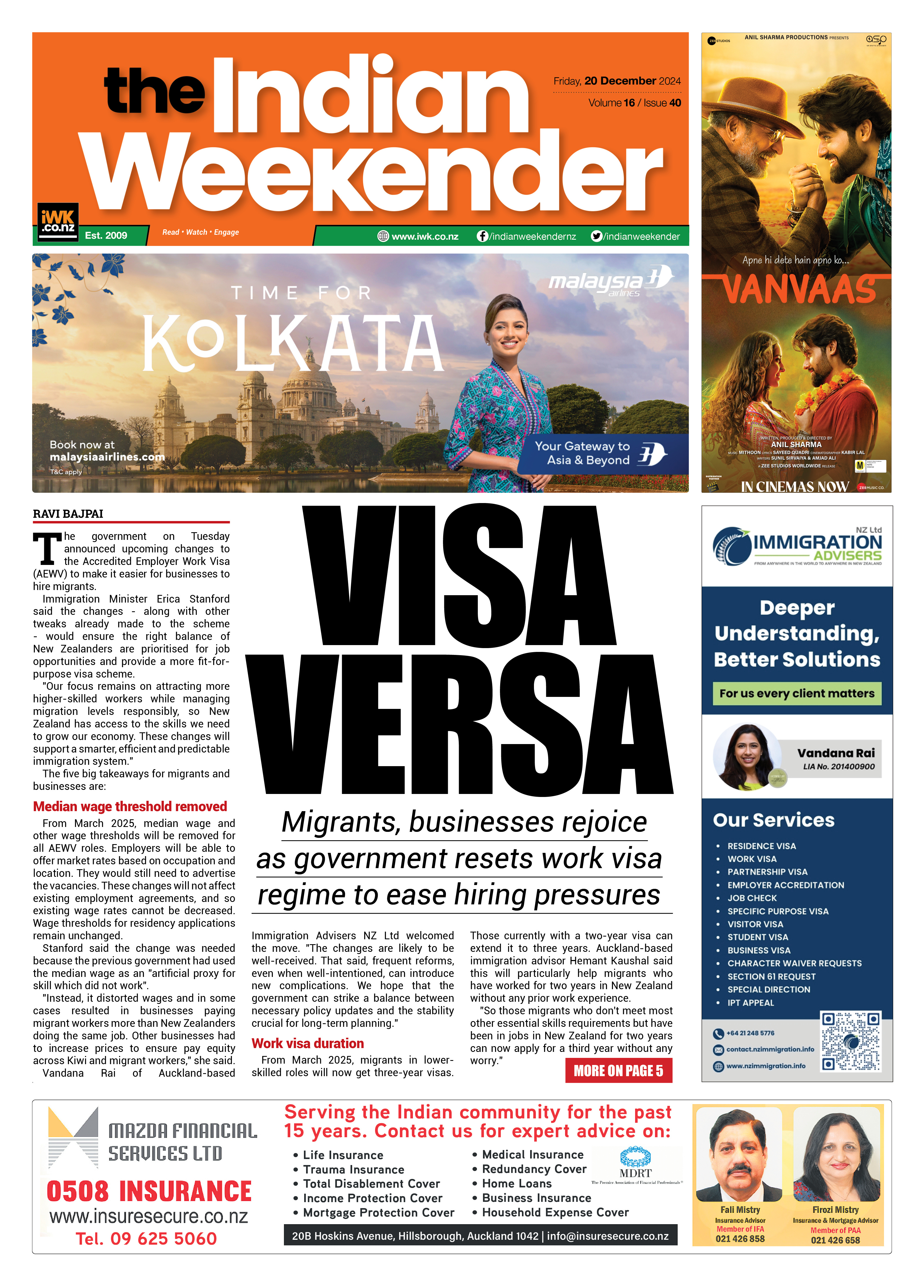Senior hospital doctors and dentists union on point of settling pay dispute
Senior hospital doctors and dentists are close to settling their long-running pay dispute after independent mediation and unprecedented strike action.
Thousands of patients had their operations and specialist appointments cancelled in September when about 5500 members of the Association of Salaried Medical Specialists (ASMS) walked off the job three times.
Further strike action planned for October was cancelled after the parties agreed to facilitated bargaining by the Employment Relations Authority (ERA).
In an email to members on Wednesday, ASMS executive director Sarah Dalton and president Julian Vyas said they had agreed to settle in accordance with the ERA's formal recommendation received on Friday.
"From here, an updated collective agreement will be drafted, which we hope to complete this week. Next week we will conduct an indicative ballot of members over the proposed terms of settlement that will inform the executive's constitutional function in formally ratifying the agreement."
Neither party would comment publicly on the details of the deal until senior doctors and dentists had seen them.
"I can't talk about the details of what we've achieved because our members haven't had an opportunity to see the settlement documents yet. We're working on finalising those this week so that we can put them out to members next week, so we'll be able to talk more about those soon," Dalton told RNZ's Midday Report on Thursday.
"Suffice to say, our executive accepts the Employment Relations Authority's recommendations around what they think is a fair settlement. They've spent quite a lot of time in bargaining with us and we think we're at a point where we need to sort this out and move on."
The union had been pushing for a pay increase to match inflation after a three-year pay freeze.
"We put up what we thought was a relatively conservative claim this time around, but have just really struggled to make meaningful progress both around basic salary adjustments and particular work that needs to be done around our shift workers - who are mainly those doctors who staff our emergency departments," Dalton explained.
"We had structured a series of claims primarily around maintaining the current value of the income- so making sure that they didn't experience real pay cuts and a few other bits and pieces.
"But you know, we understood the climate that we're in and how difficult it is. We thought it was a pretty conservative series of claims, to be honest, but we have really struggled to get that over the line."
Te Whatu Ora chief people officer Andrew Slater said he anticipated the union would discuss the formal settlement offer with members "over the coming weeks".
"Te Whatu Ora and ASMS will continue to work on other matters, such as pay inequities between some senior doctors and dentists, and recent initiatives to increase the senior doctor workforce and improve health services to the public."
Dalton said the unprecedented strike action - the first by hospital doctors nationwide - was like "throwing an ice axe into the mountainside to stop the downward slide of terms and conditions".
"I think we're arresting a downward slide. We need to do more work to make progress to get back up that mountain."
If not, she feared more and more doctors would make the shift to the private sector.
"Some are splitting their time between public and private, but increasingly our members are telling us that for their own wellbeing, as much as anything, they are considering moving entirely into the private space - and that is a massive problem for us, given the chronic vacancies and shortages we have."
Dalton thanked the public for the support they showed during the strikes.





